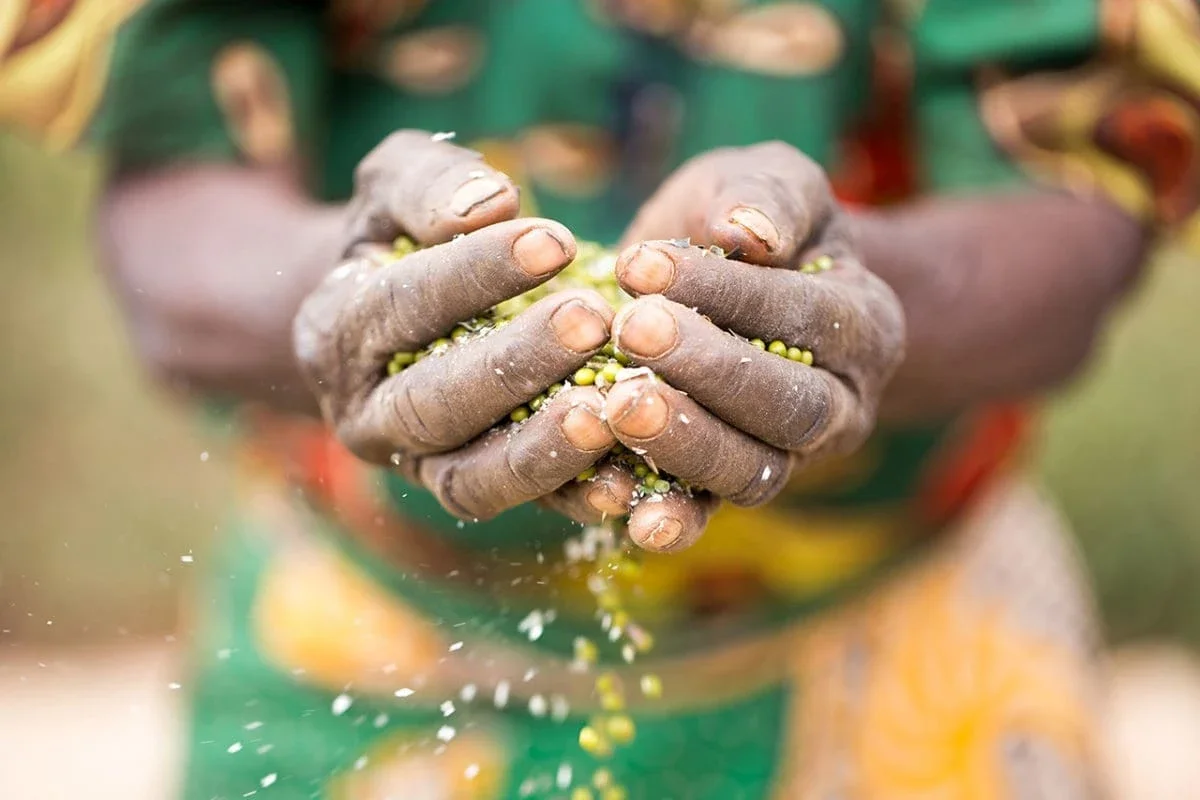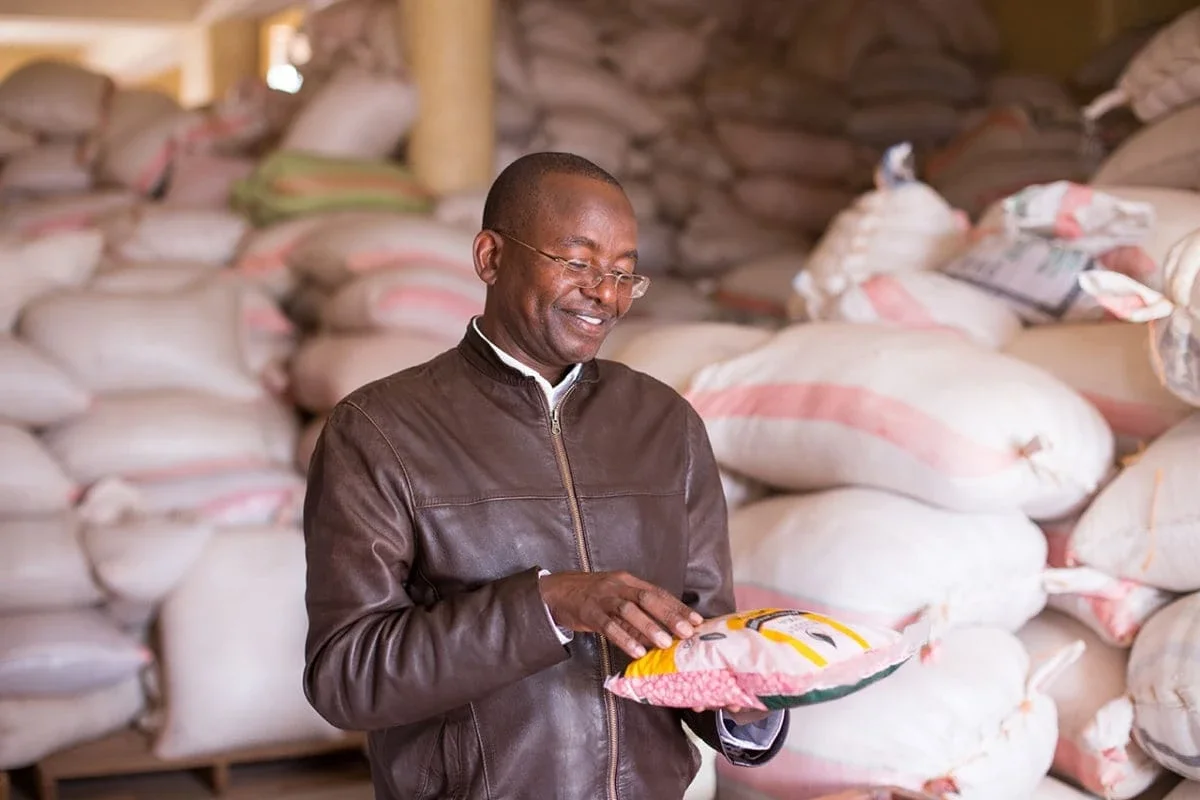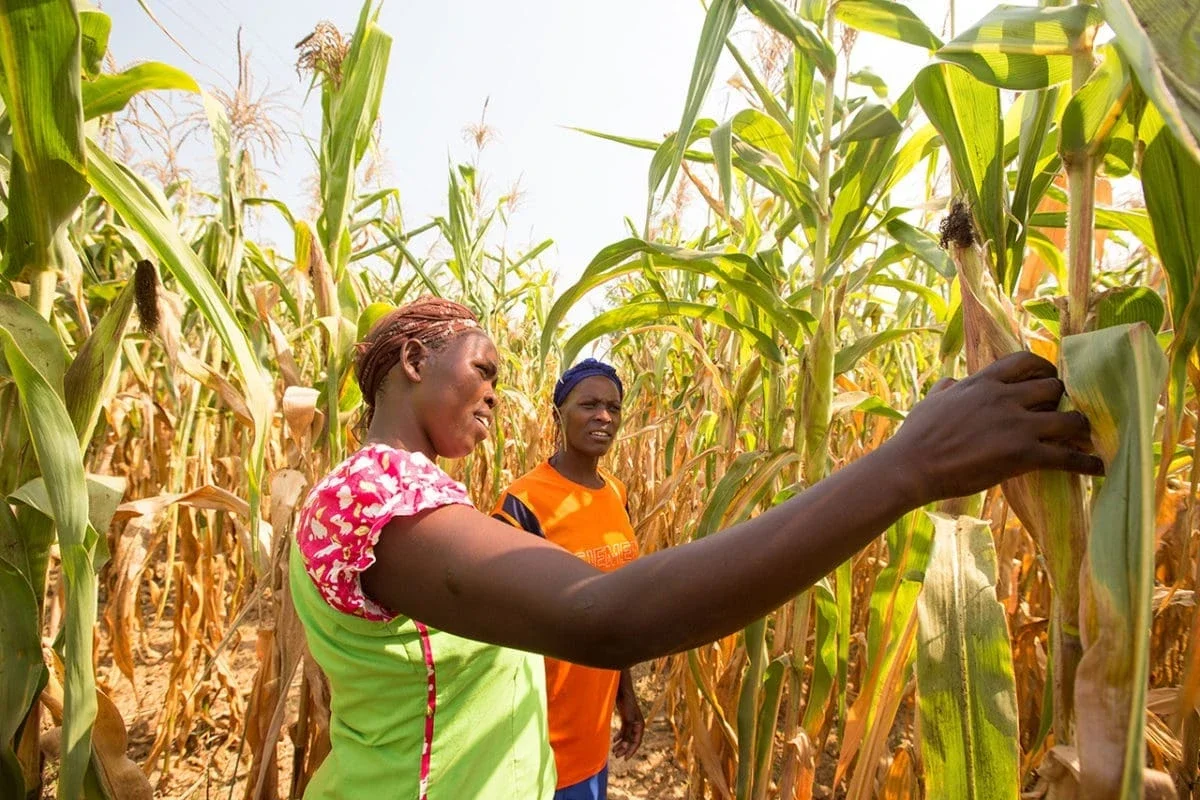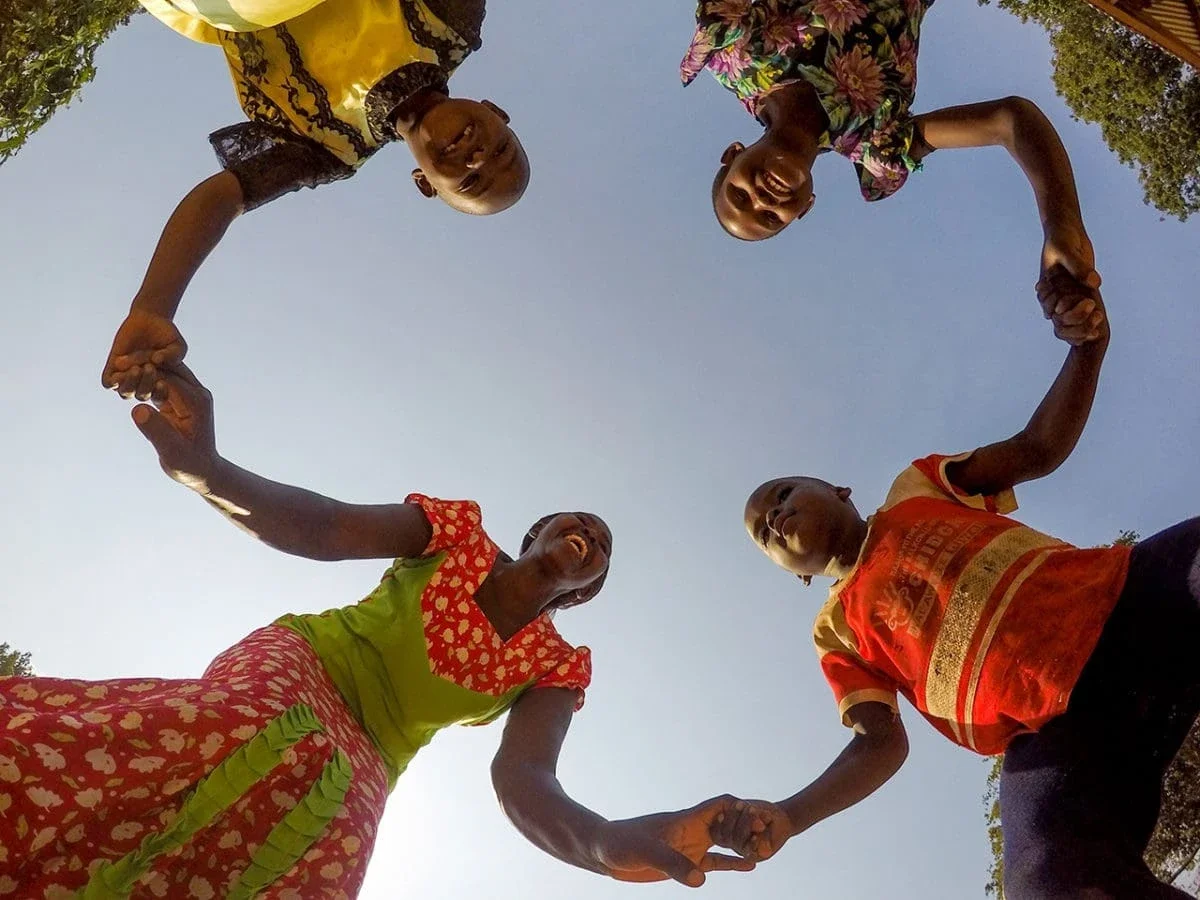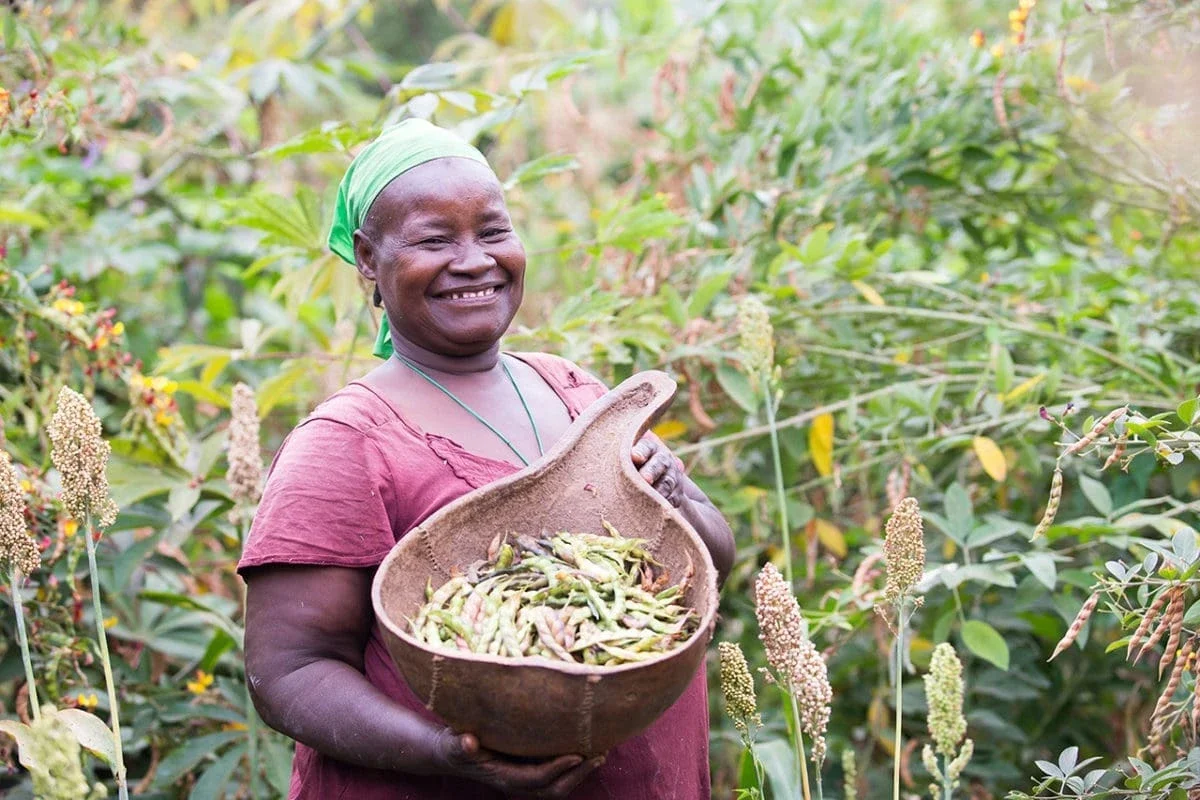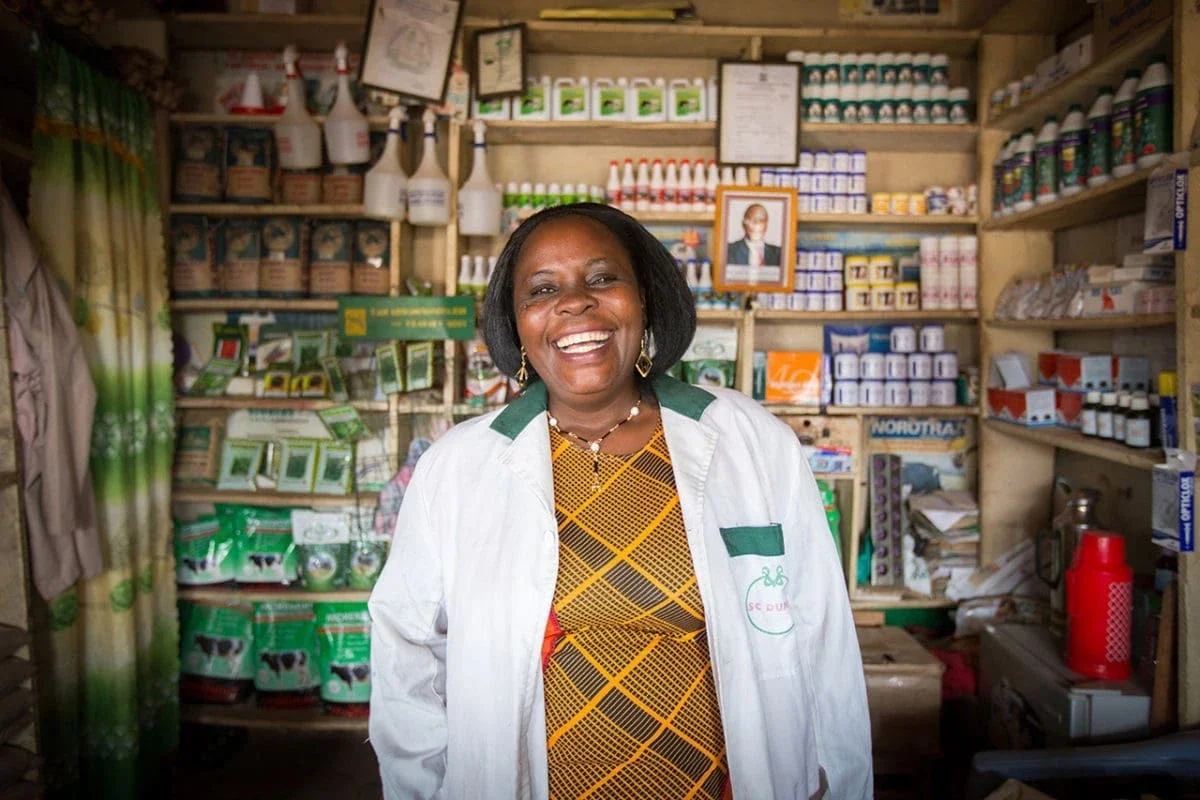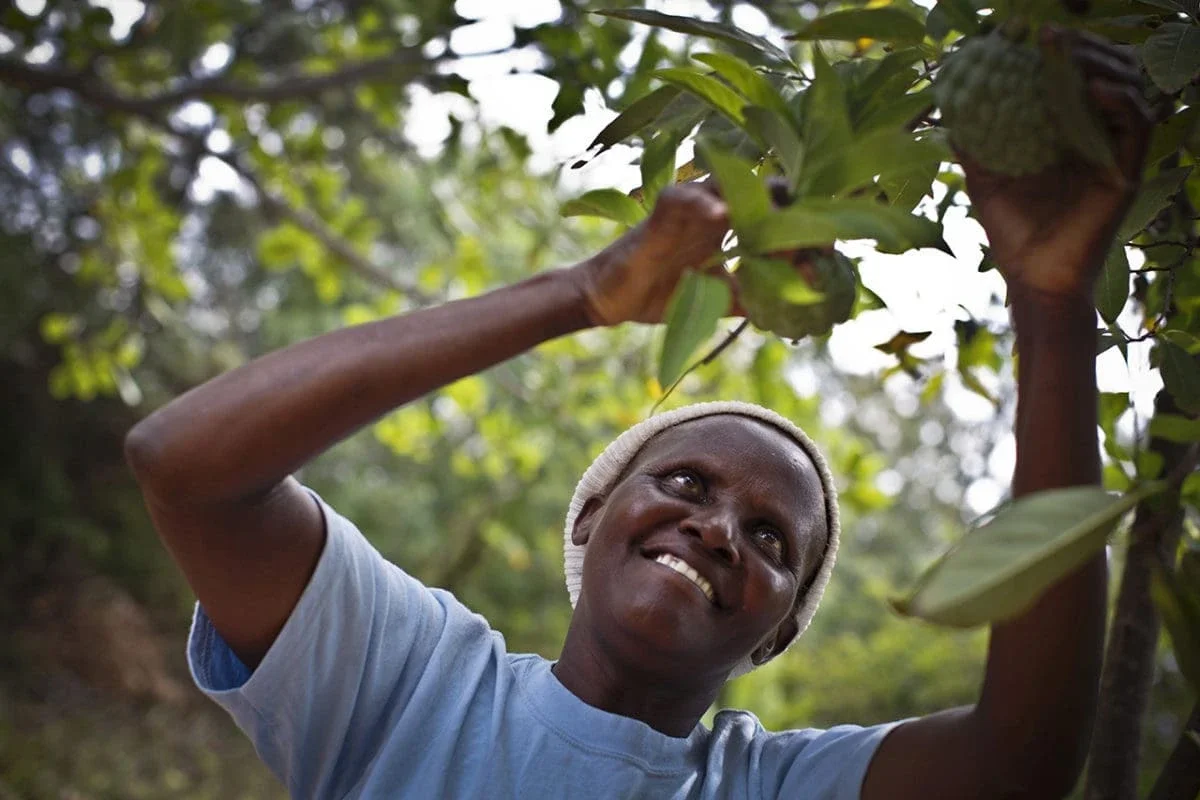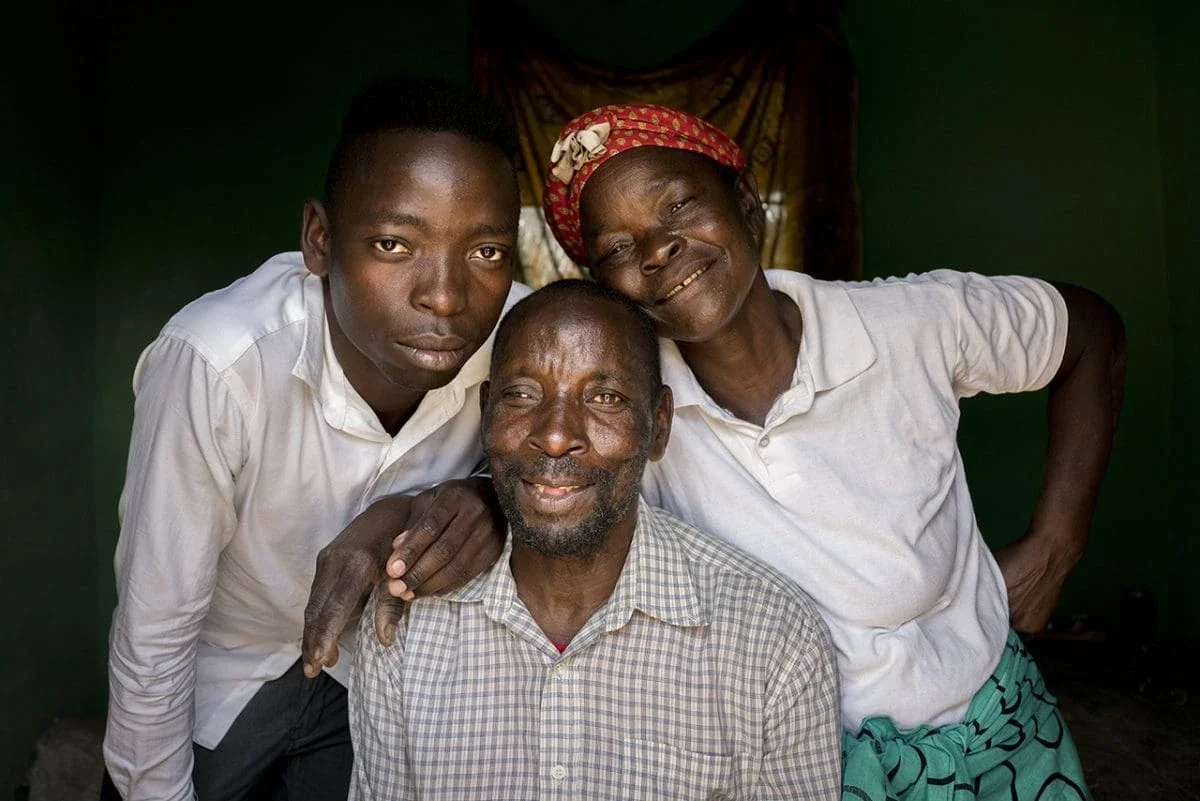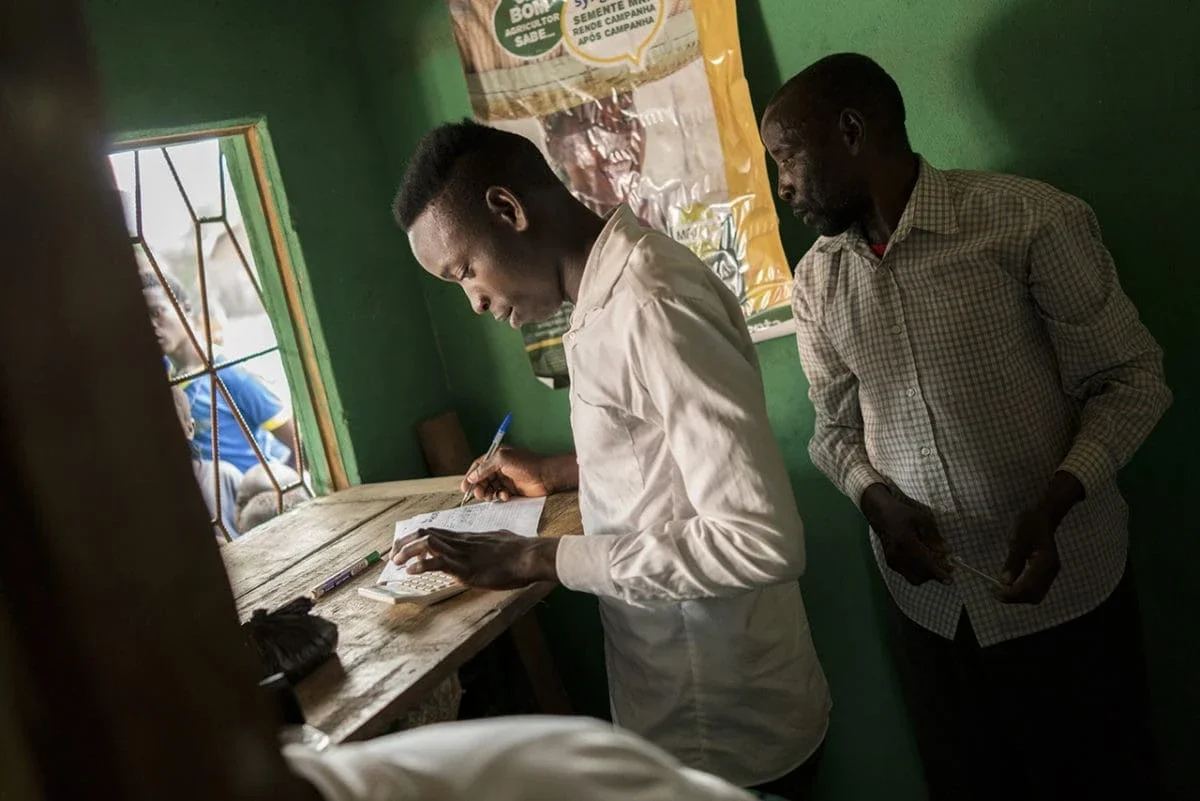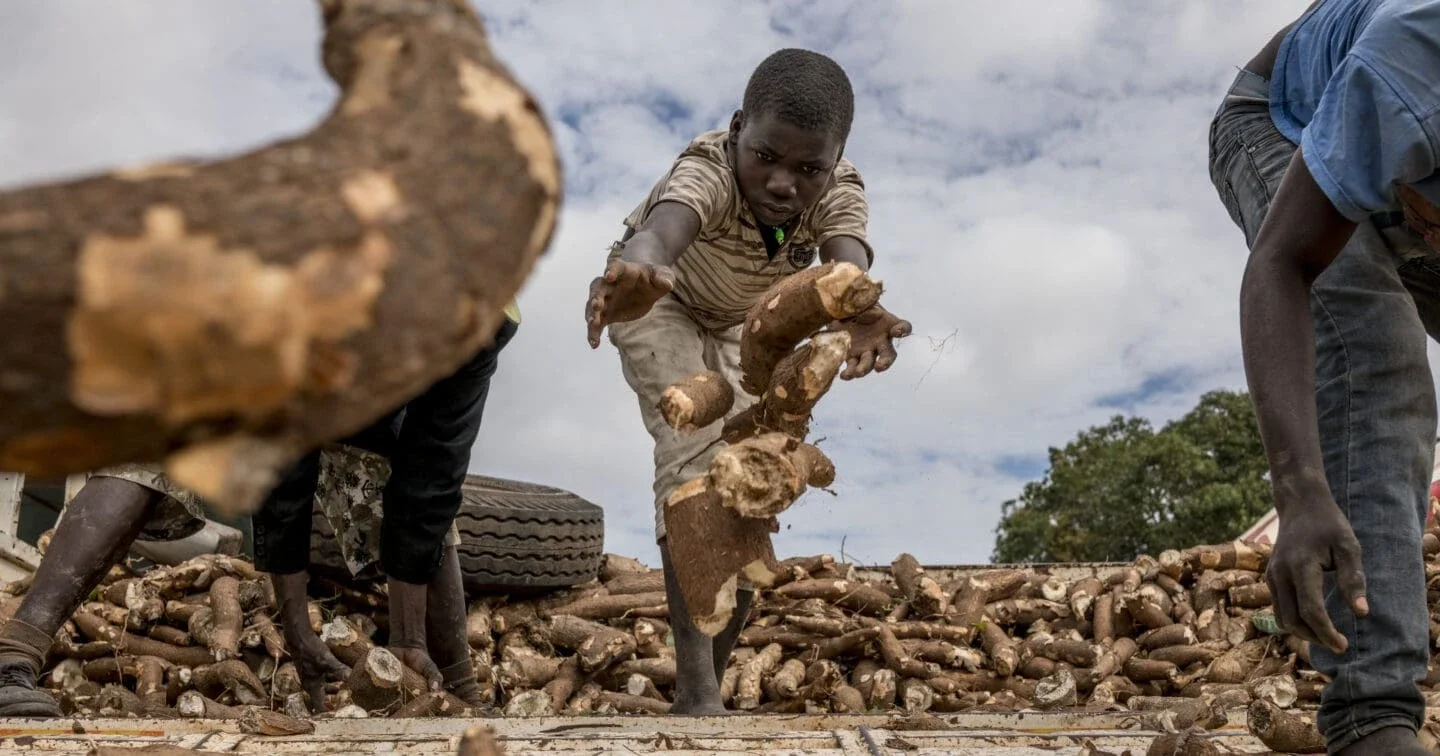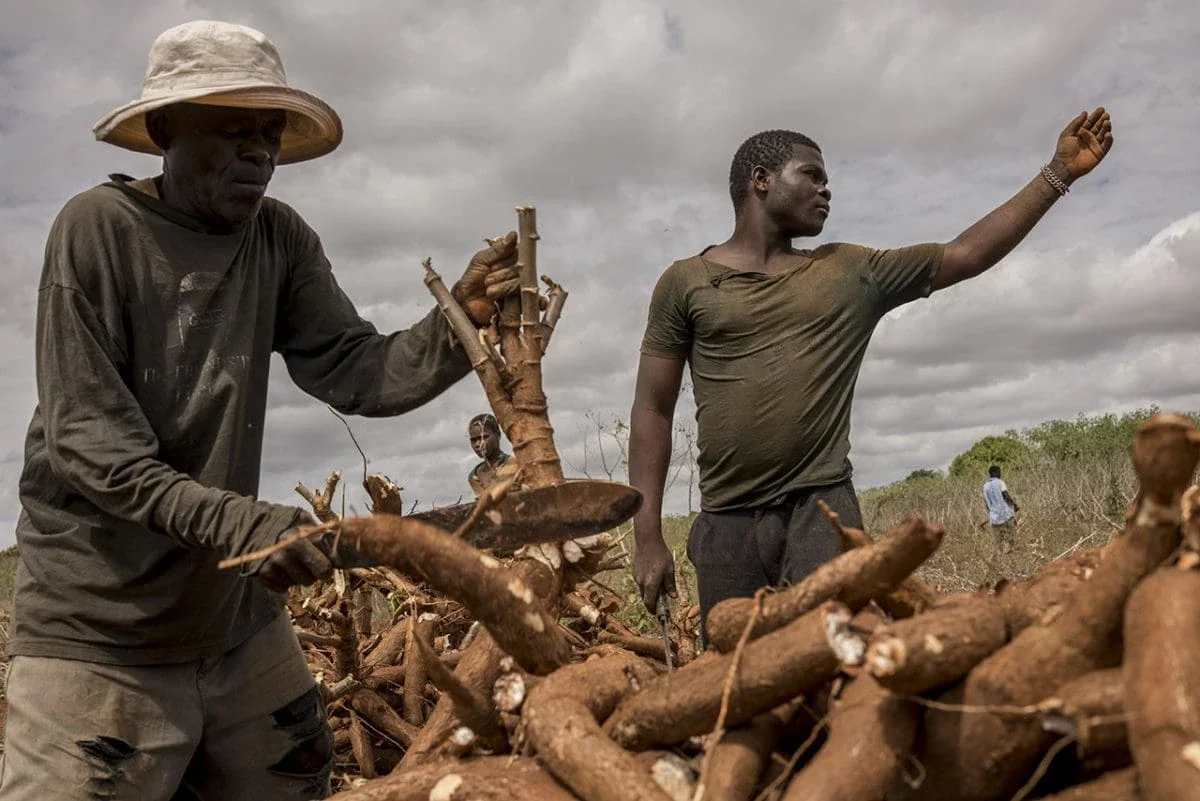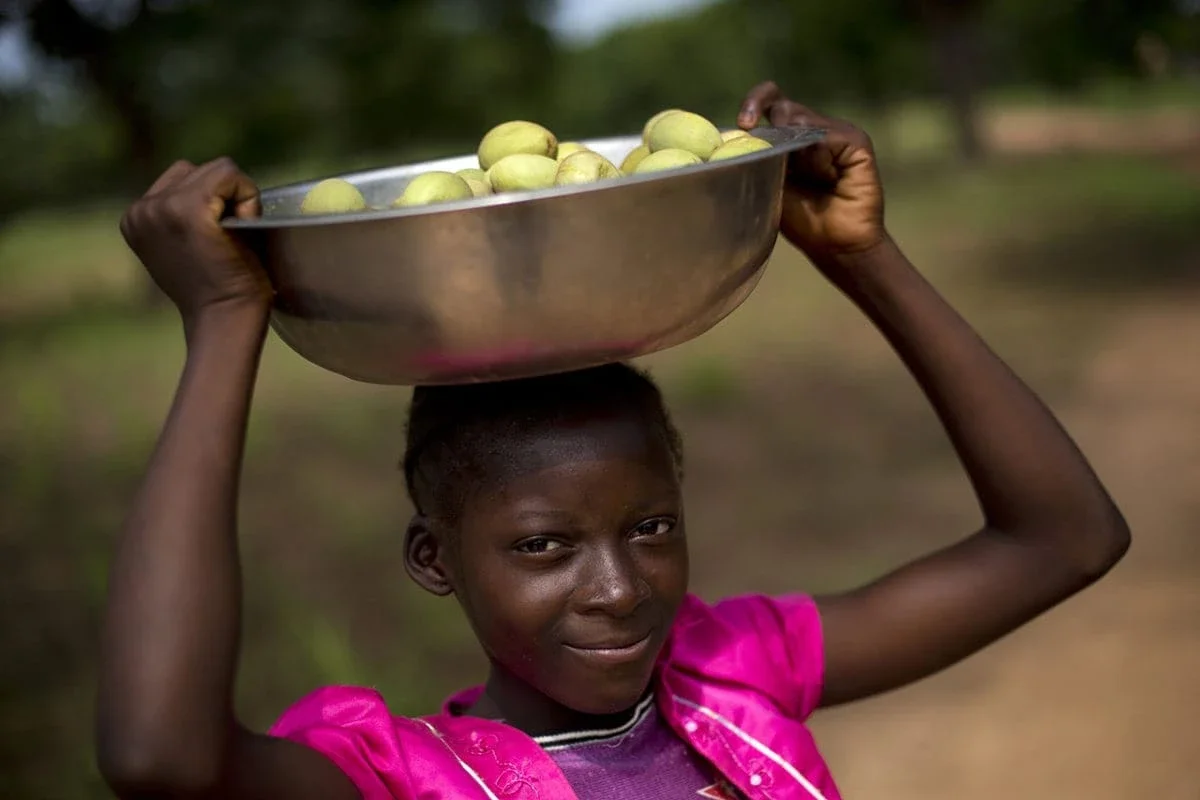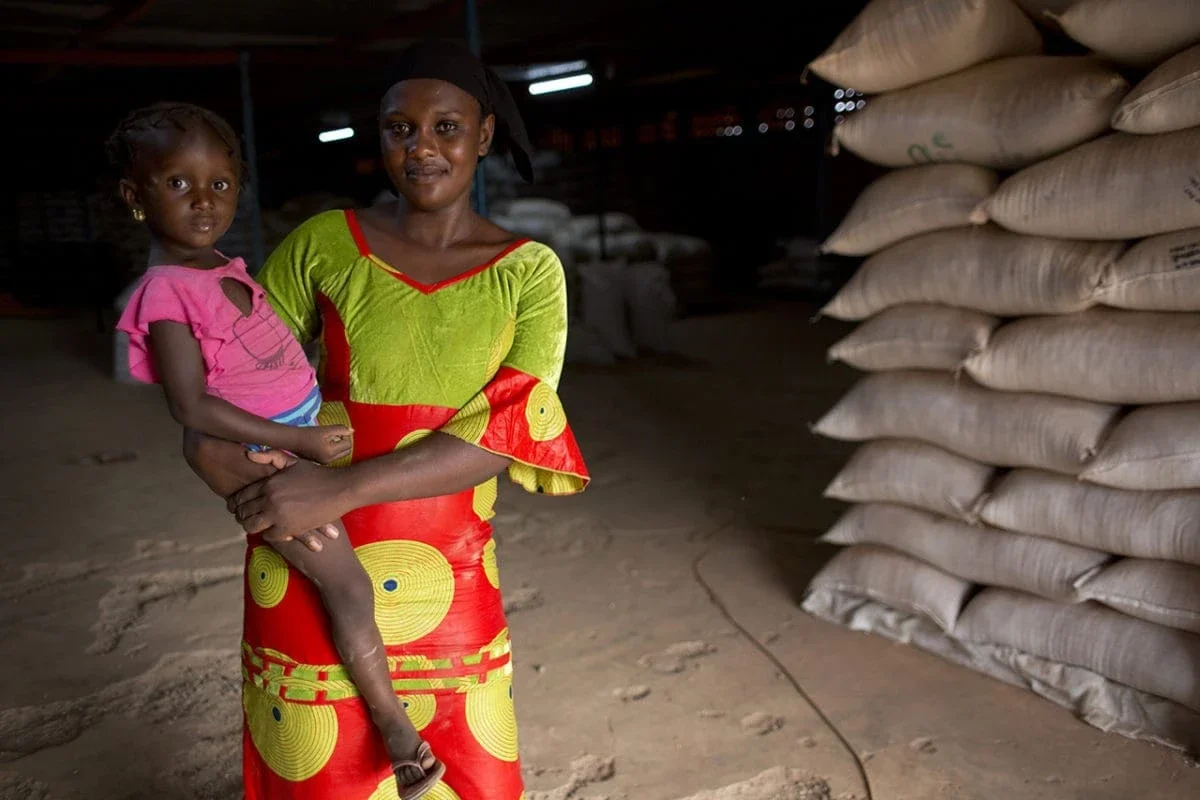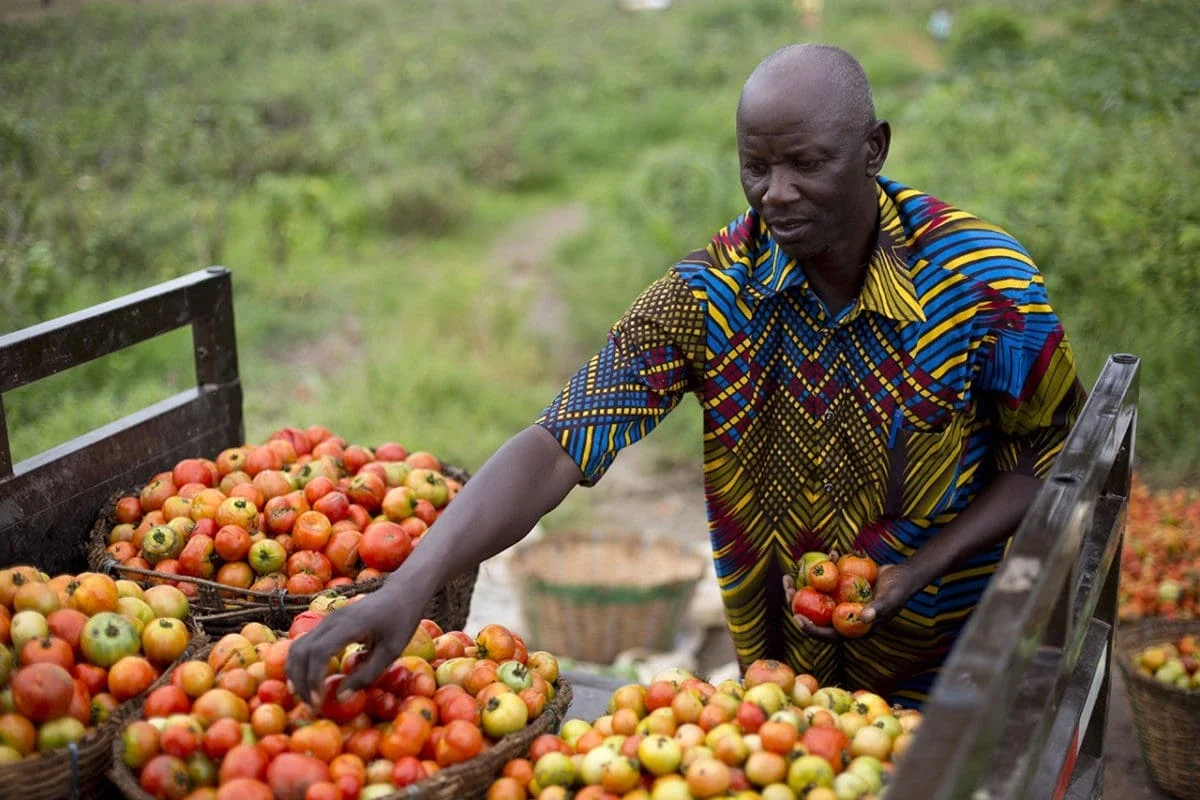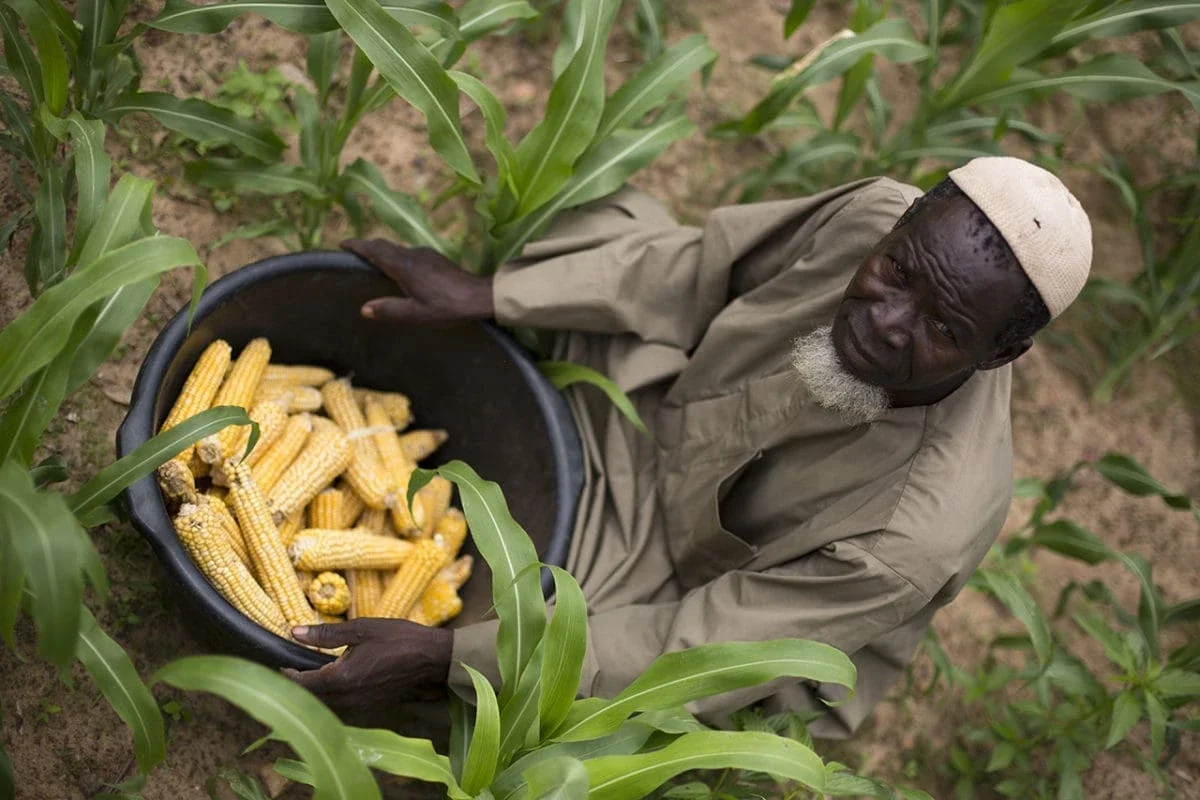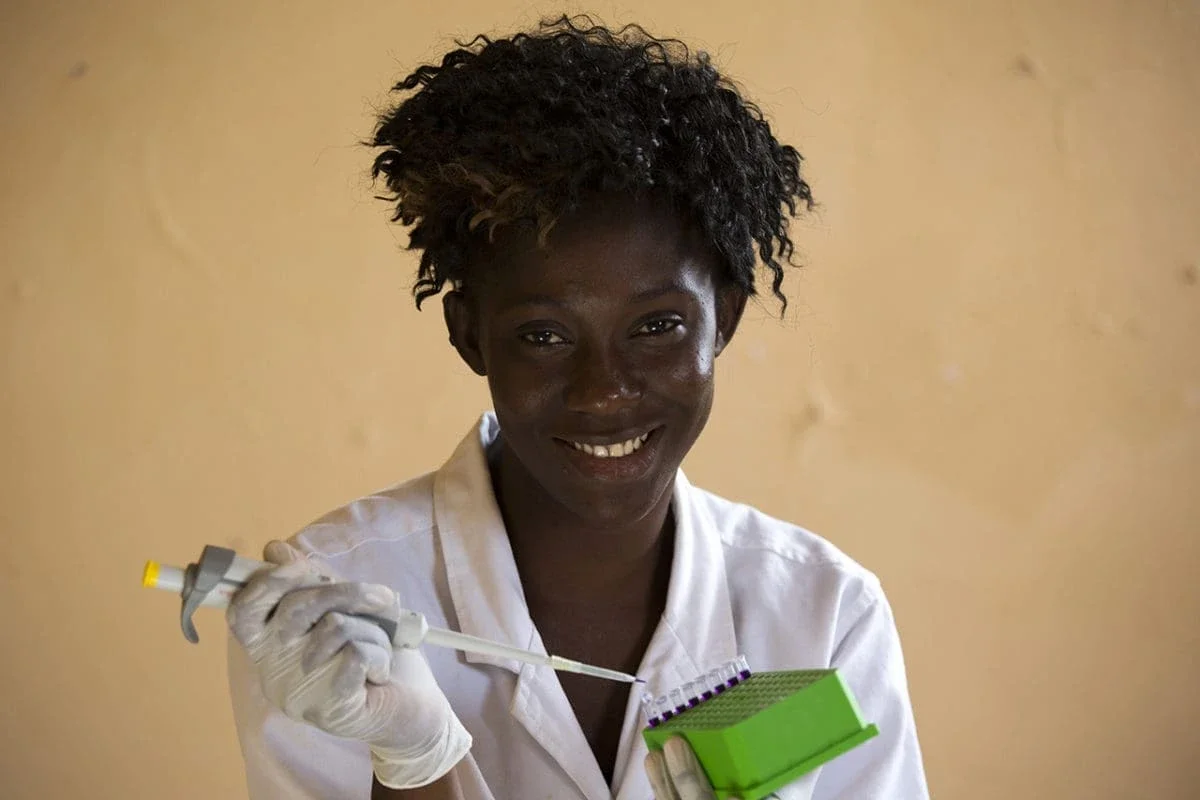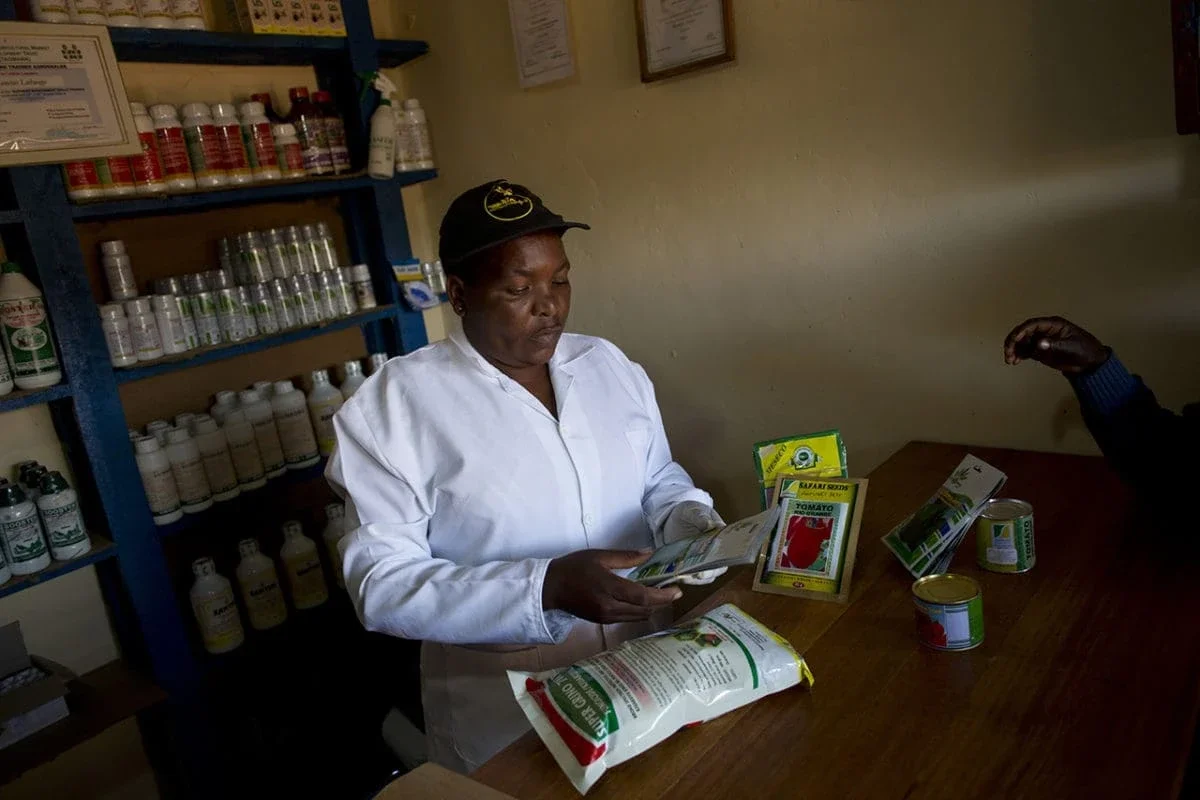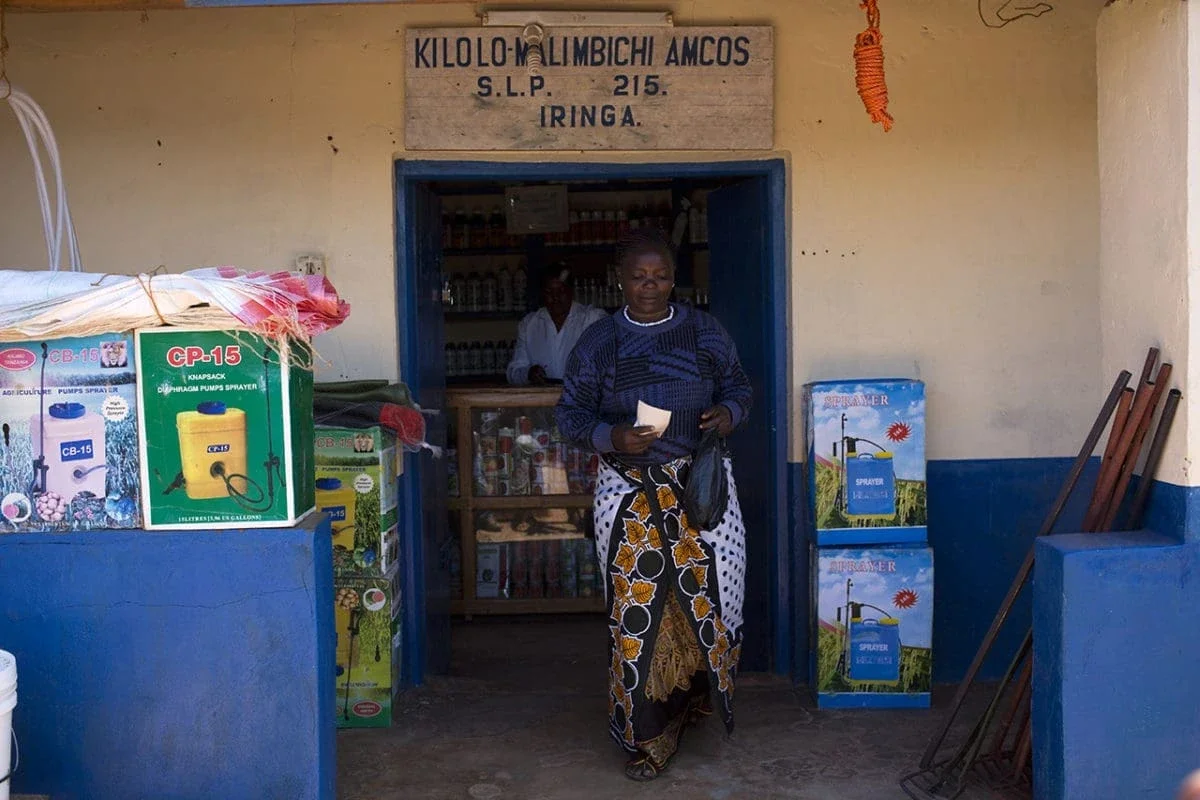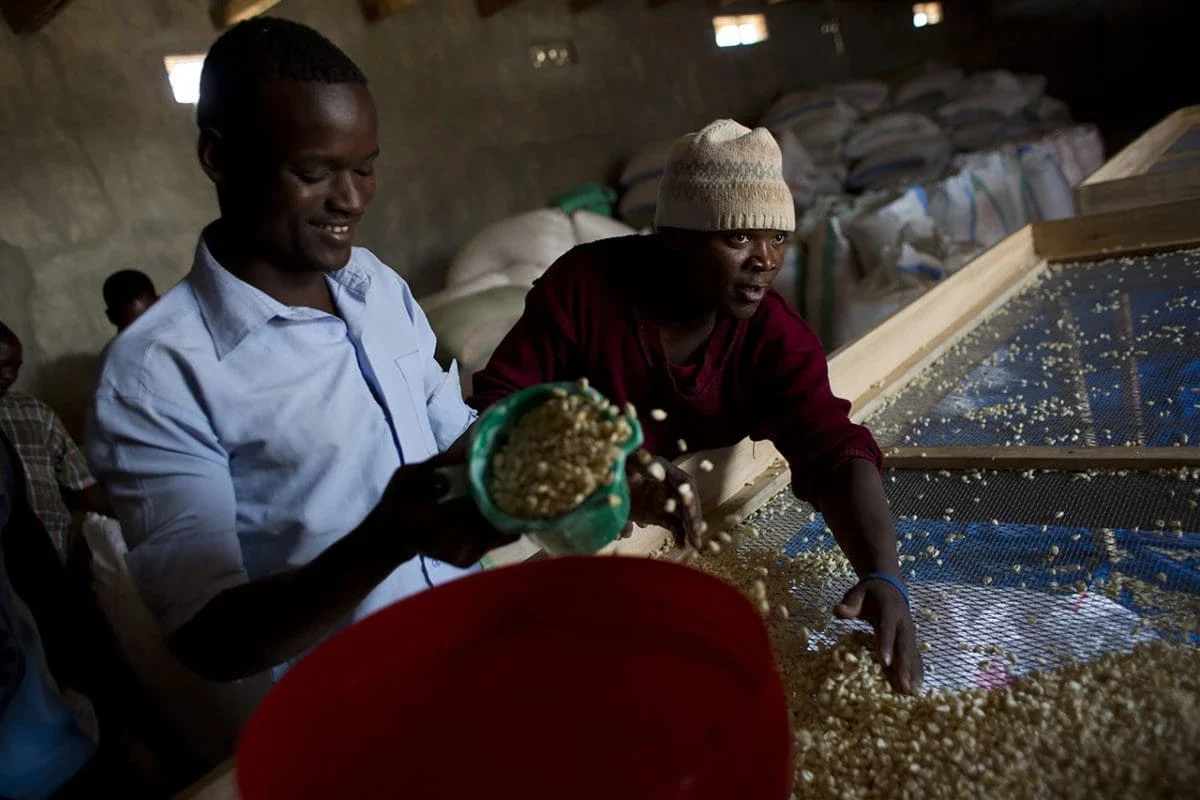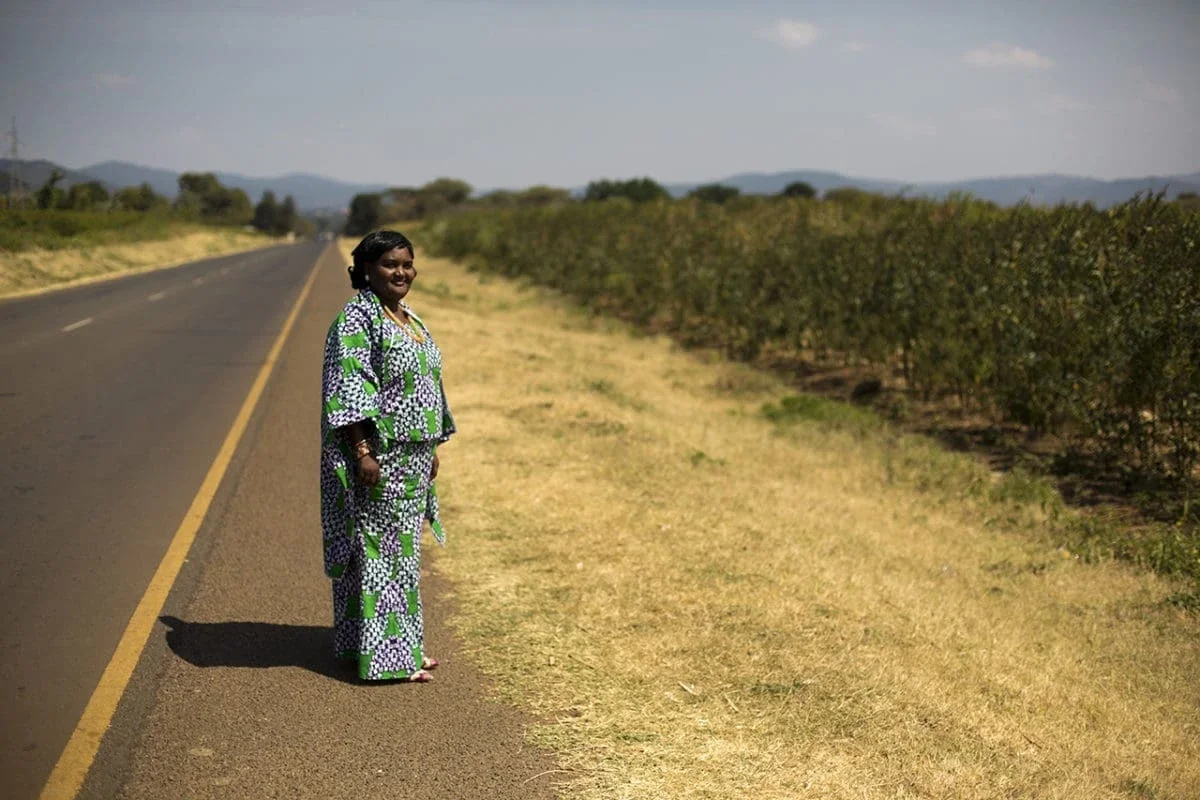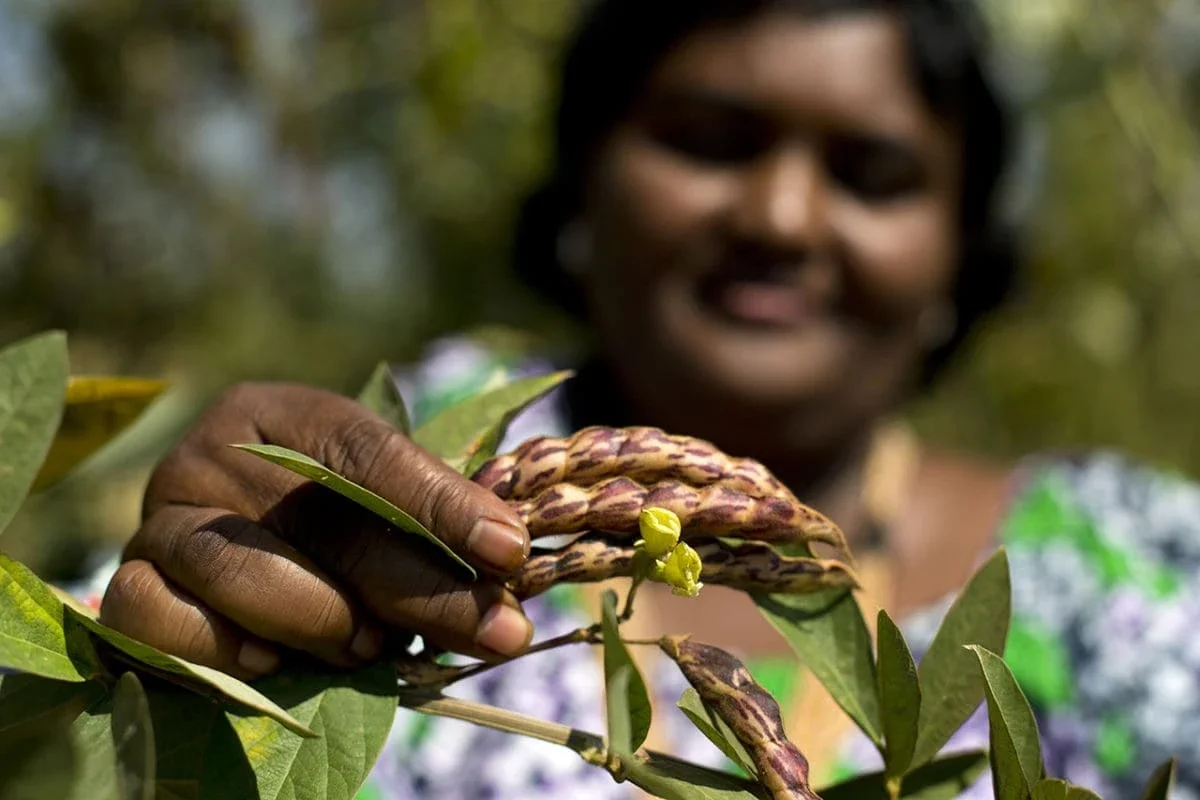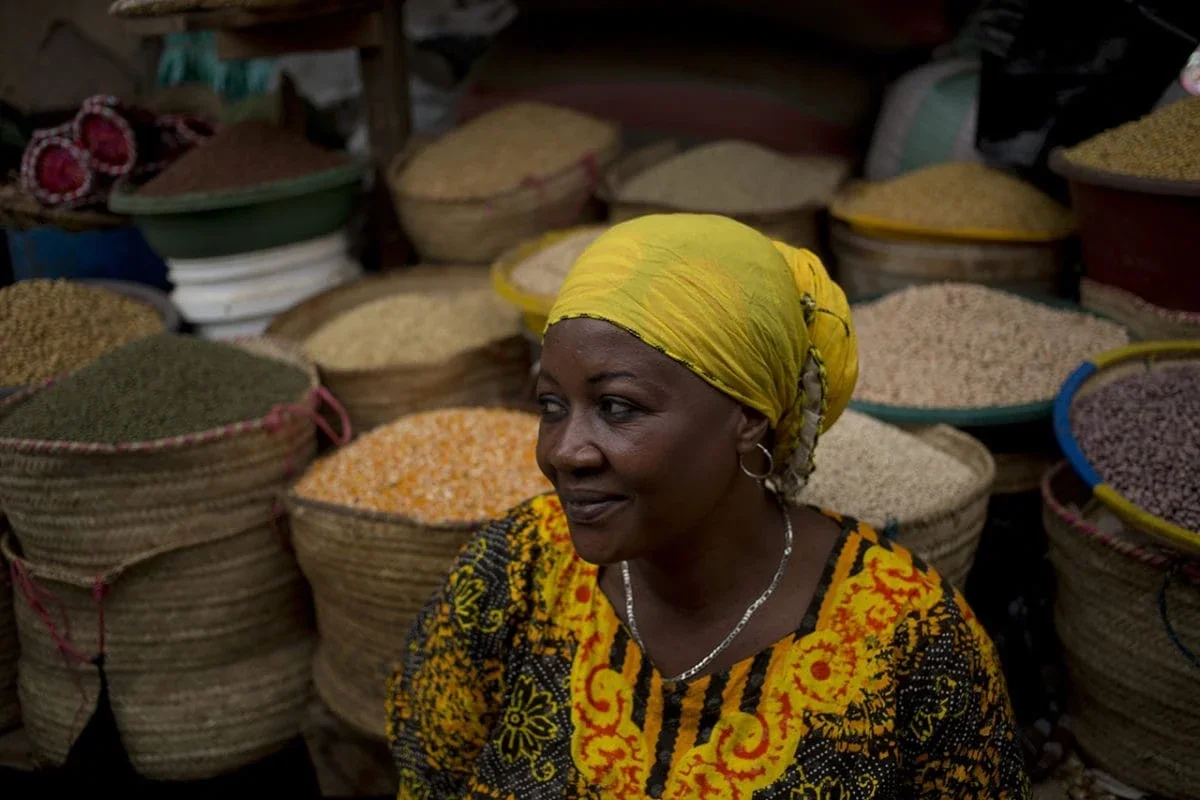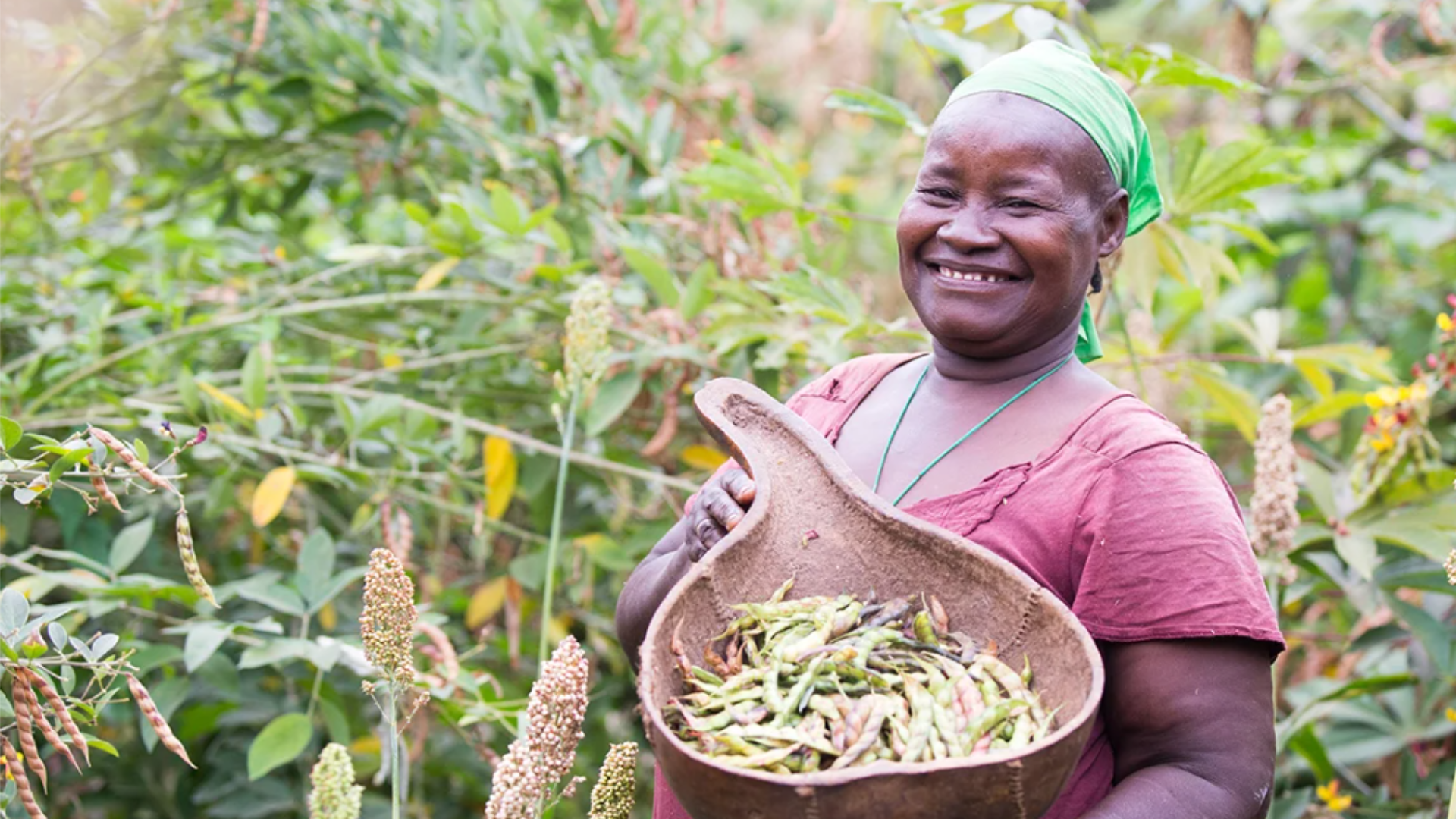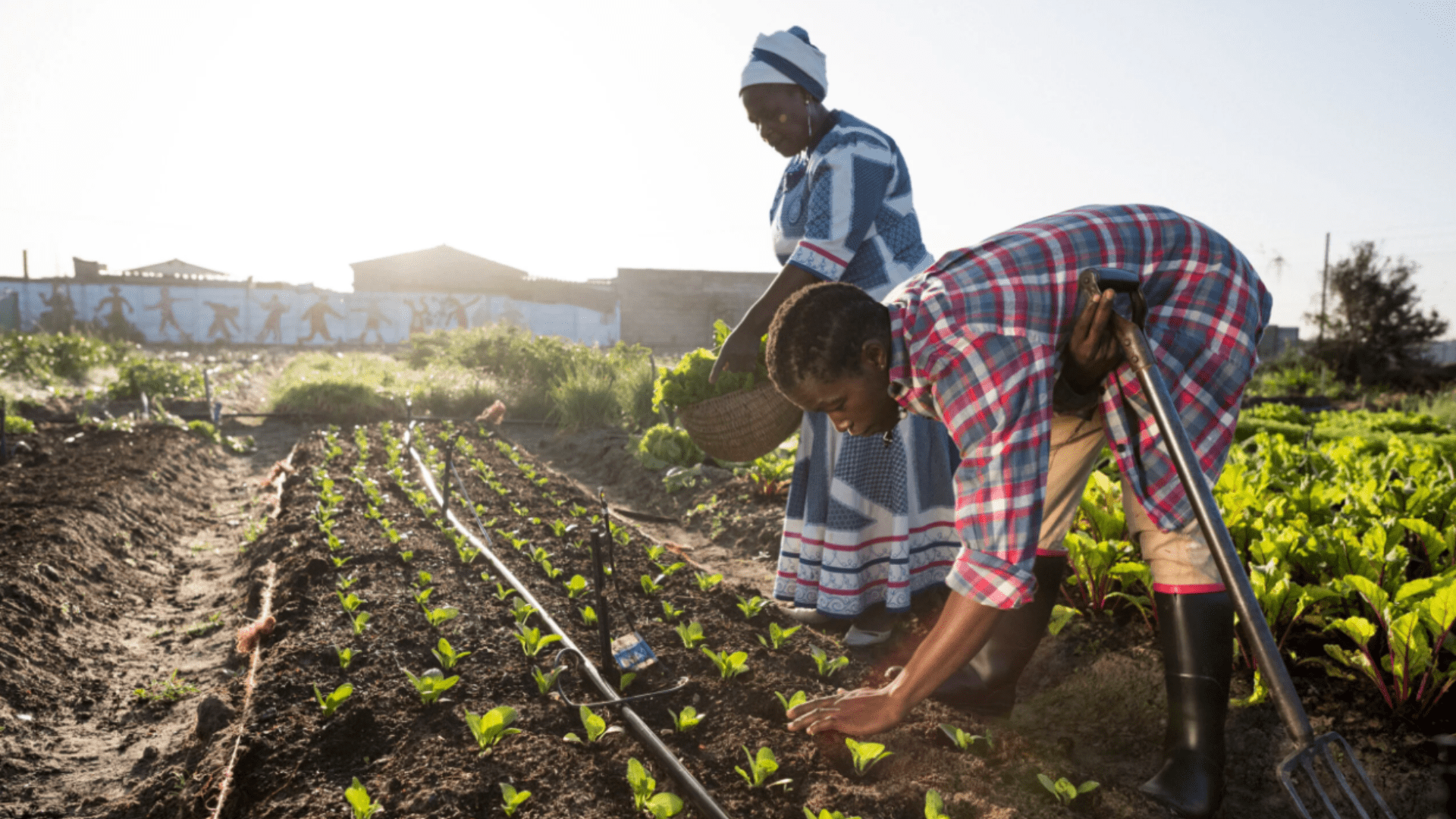Strengthening African agriculture
By supporting new scientific advances in human nutrition and food production and carrying forward our commitment to a Green Revolution in Africa, The Rockefeller Foundation is committed to reaching hundreds of millions of people with nourishing food while improving the sustainability of the global food system.
Our Work in Africa- 70%
of sub-Saharan Africans depend on agriculture for their livelihoods
- 90%
of food in sub-Saharan Africa is produced by smallholder farmers
- 60%
more food must be produced in the next 15 years, to meet the needs of a growing population in sub-Saharan Africa
We support a uniquely African Green Revolution to improve smallholder farm productivity while preserving the environment.
AGRA’s Impact to Date
Since 2006, AGRA has supported more than 800 projects, including efforts to develop and deliver better seeds, increase yields, improve soil fertility, upgrade storage facilities, improve market information systems, strengthen farmers’ associations, expand access to credit for farmers and suppliers, and advocate for national policies that benefit smallholder farmers.
- 15Million
African smallholder farmers trained, financed, and equipped with technology
- 13Million
hectares restored for agricultural production
- 562
new seed varieties have been commercialized and marketed
Shared Success: Agricultural Transformation @10
The Shared Success photography collection offered genuine insight into the diverse range of farming communities and institutions that have been supported by AGRA and Rockefeller Foundation over the past decade. The collection captures the triumphs of men, women, and communities that have benefitted from the steady transformation taking place in Africa’s agricultural sector.
Impact Stories
- The Rockefeller Foundation’s legacy in agriculture — from pioneering the Green Revolution to supporting innovations like drone-assisted farming — shows that while data and technology can unlock transformative progress, their true impact depends on driving human behavior change in partnership with the communities they aim to serve.
